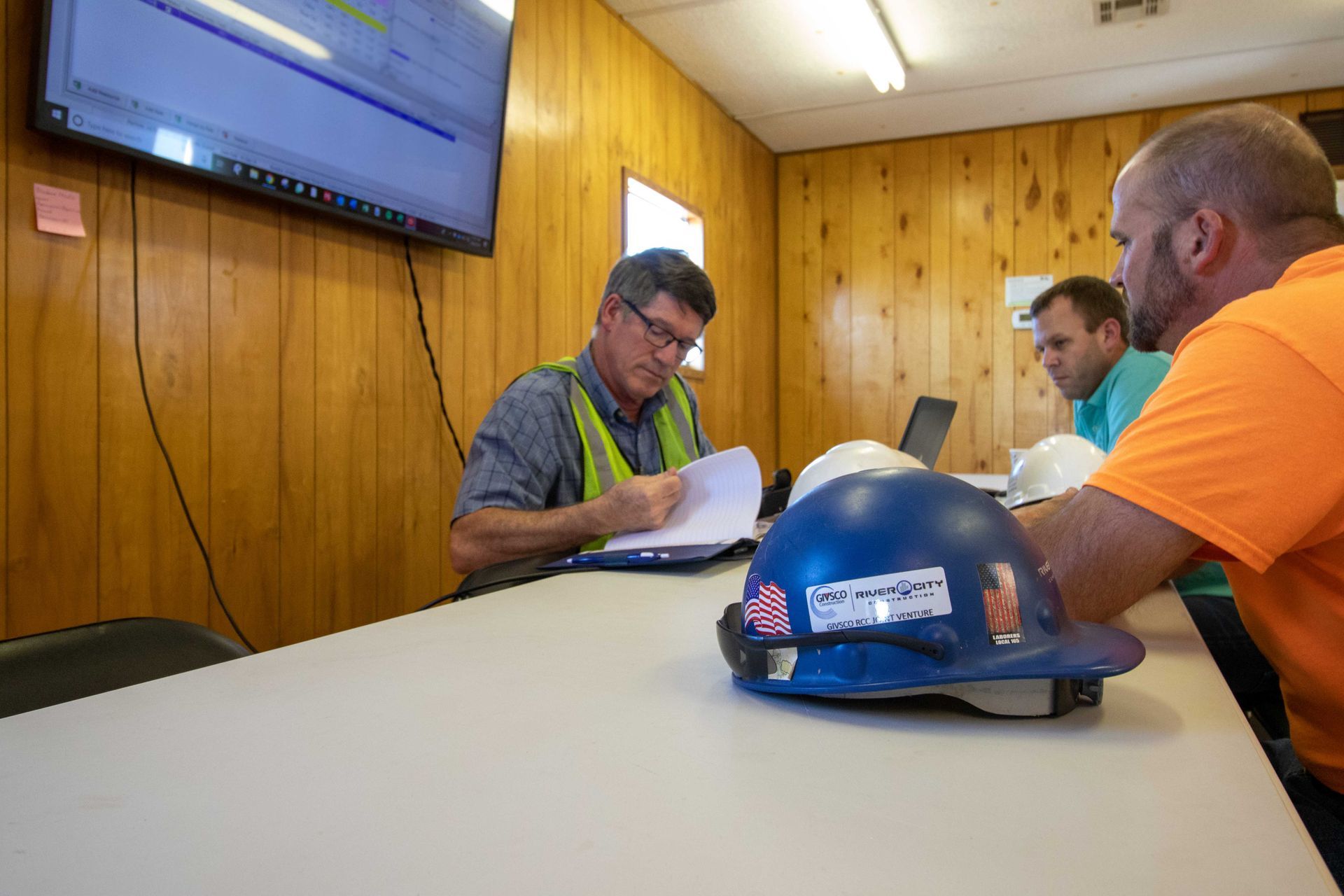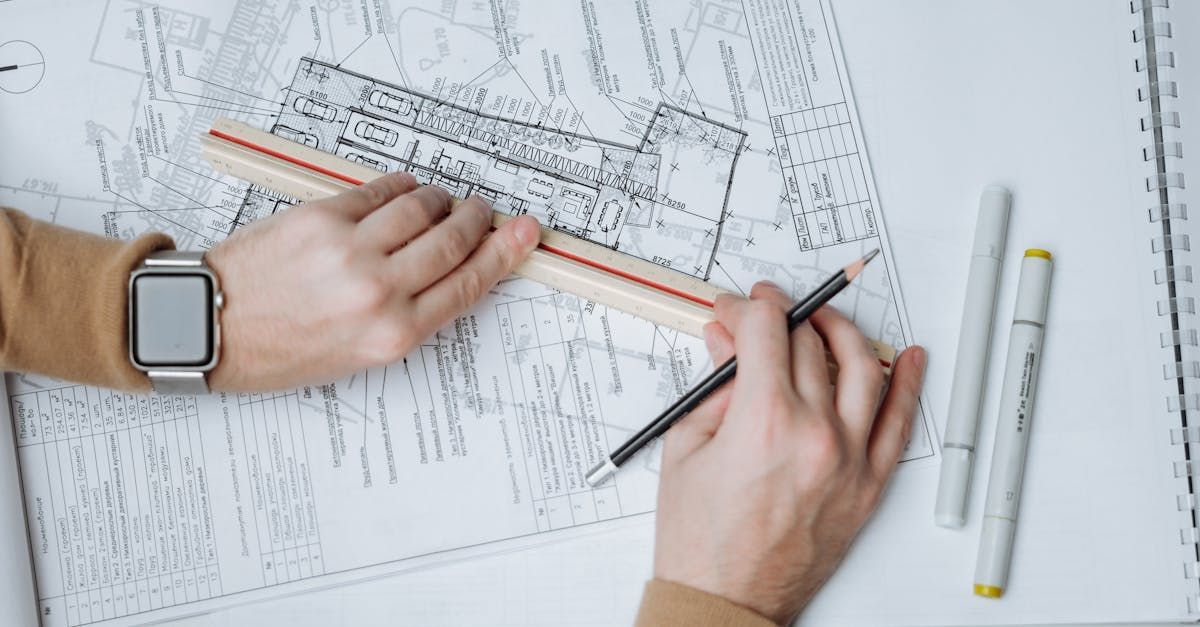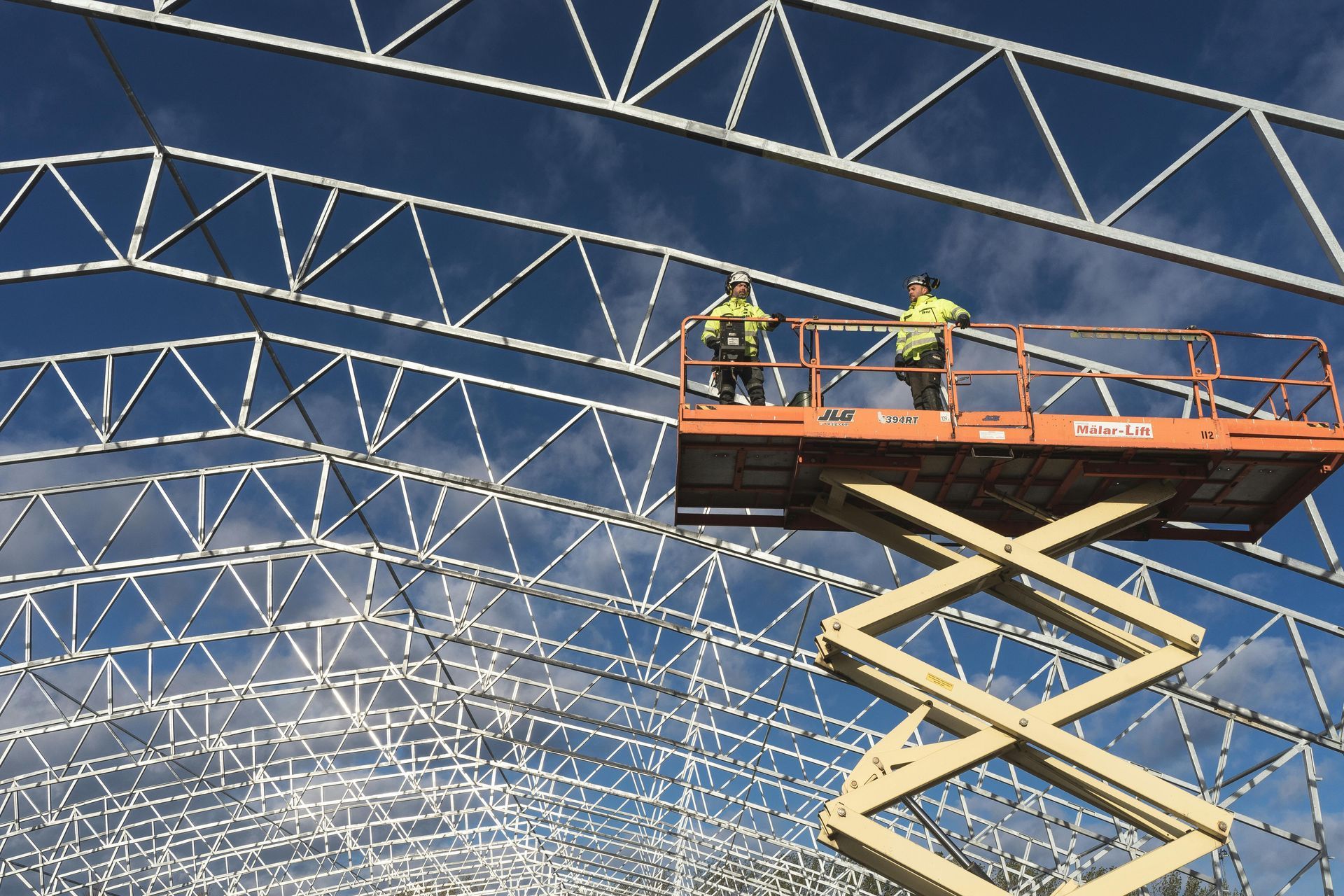Client Relationships in Construction
Just like with interpersonal relationships in our personal lives, building client relationships takes consistent contact, commitment, and plenty of time. Regular conversations — in whatever form they take — help keep your construction business top of mind for customers and lets them know you’re still around in a supportive role. It’s when you lose touch that the bond you created starts to fall away.
Think about your ideal customer. This persona likely includes clients that work only with your construction business, won’t quibble on pricing, and refer others to you by spreading positive word of mouth. These customers don’t just appear; their loyalty stems from the relationship your business chooses to cultivate.
Good customer service and high-quality finished projects are just two elements of this system. Relationship management starts with the very first interaction customers have with your work and can last long after the job is done when you take the right approach.

It’s no secret that everyone prefers to do business with people that are recognizable, likable, and trustworthy. Does your website clearly portray your caliber of work? Are your marketing efforts strategic and authentic? Can you offer up a portfolio and/or testimonials from past customers? These are a few questions you have to answer when looking at how you make a first impression in this relationship. If your online presence could use some help, invest in a marketing consultant for a fresh set of eyes and an actionable plan.
From there, your relationship grows with the project work quality and management. Think of it like a first date — you want to do what you can to ensure there’s a second date. Optimize your processes to keep clients on schedule, on budget, with a building that meets and exceeds their vision. Think of comprehensive scheduling as the lifeline of your projects; this will streamline communication, cost and timeline adherence, and quality assurance.
After the first impression, your customers have two choices. The first option is that you can keep building the relationship by engaging with your follow-up strategies. When friends or relatives ask about their experience, your construction company will still be top of mind as a referral. The second option is you could walk off the job site with the project complete and the memory of your work will fade along. If you don’t reach out, or the work wasn’t up to par, the relationship could be over.

If this all seems daunting, think about breaking down your customer relationship strategy into some small steps, and use them as a blueprint to build trust and loyalty.
- Stay customer-centric: After the job is done, find ways to interact with clients. While face-to-face sessions like community or networking events are ideal, that’s not always an option. Send emails, feature their project on your social media accounts, and send seasonal or holiday gifts to your high-value, long-standing clients.
- Break it down: Segment your past customers into groups according to how long they’ve been a client, how much business you’ve done with them, and their potential to become a longstanding and loyal customer. Prioritize your time and money to spend on the customers at the top of the list.
- Keep in touch: Once you’ve identified who and where to spend your time building relationships, keep the conversation going. Send newsletters, craft marketing content specifically for the target demographic, and even craft a robust referral program. Even small details like hand-written notes every few months can go a long way.
- Invest in your community: If you want your local clients to support your construction business, you should lead by example. Collaborating with other local businesses, supporting their progress online, and performing community service lets potential and current clients in your own backyard understand how much you appreciate them.
Overall, it takes far more time than effort to keep customers happy and loyal than it does to acquire new clients. Many construction businesses make the mistake of falling into the “one and done” school of thought and seem to go on endless first dates. The right strategy can help build relationships with loyal clients and break out of that cycle for good.







